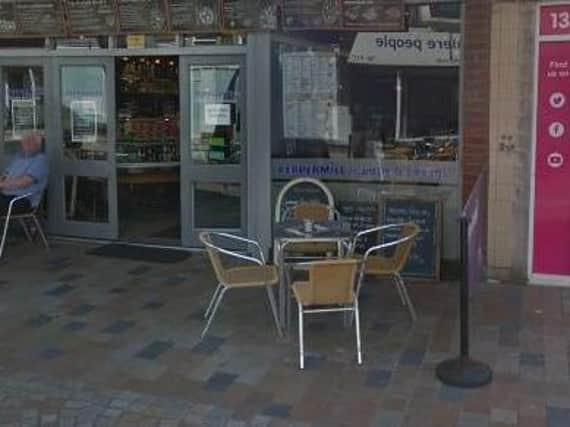Blackpool businesses get go ahead to apply for new pavement licences


It is hoped the change – in line with new national legislation – will give cafes and eateries more space to serve customers while complying with social distancing measures.
Pavement licences can be issued within 14 days saving applicants from the usual long drawn out process of seeking a street cafe licence.
Advertisement
Hide AdAdvertisement
Hide AdHowever conditions will apply with street furniture expected not to obstruct the highway, impact the mobility of disabled people or lead to more litter in the streets.
Businesses within the council’s public space protection order (PSPO) which covers the town centre and Promenade will not be able to sell alcohol outside with a pavement licence.
They would still have to have a street cafe licence, because the PSPO bans alcohol being consumed outside and over-rides the pavement licence.
Blackpool Council’s licensing committee agreed to approve the granting of pavement licences until the end of September 2021, at a fee of £100 with decisions delegated to chief officers.
Advertisement
Hide AdAdvertisement
Hide AdThe new legislation was introduced by the government in July to boost the economy and help businesses trade under the Covid-19 restrictions.
Sharon Davis, principle solicitor at the council, told the meeting held on Zoom, the licences were not just for restaurants and pubs, but would also help traders such as delis, sandwich bars and ice-cream parlours.
Street furniture would have to be put away at night, outside areas must be checked at least every 30 minutes and some seating must be set aside as non-smoking areas.
The council would retain powers to revoke or suspend licences if operators failed to operate within the rules.
Some councillors questioned the £100 fee which they feared was too expensive for small traders, but were told it was necessary to cover the administration costs of the council.